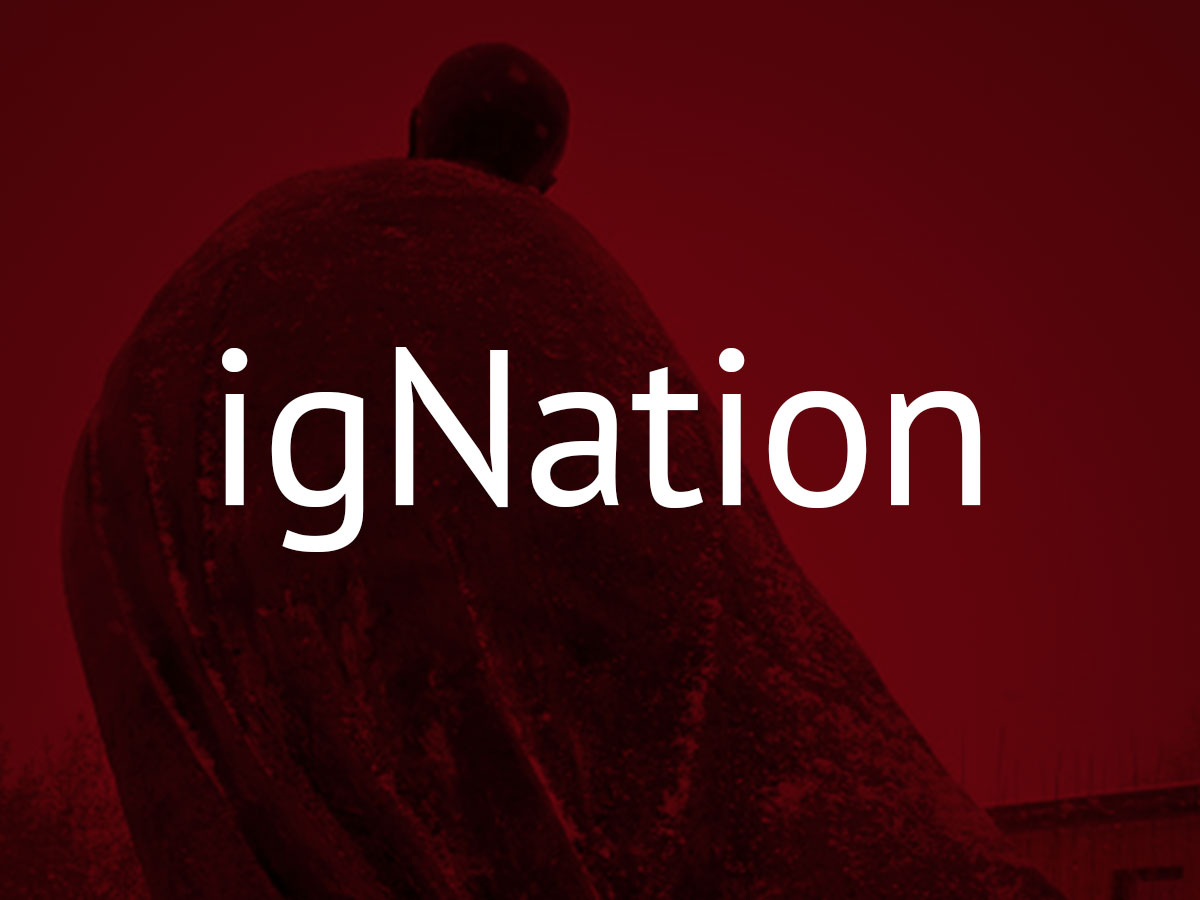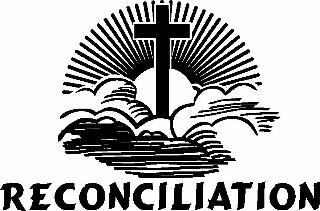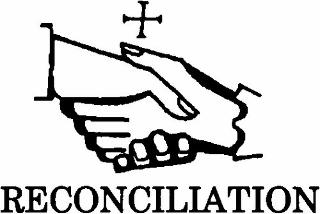Reconciliation


Reconciliation. It is an essential ingredient to being a child of God/brother of Jesus– forgiving and accepting forgiveness. To love allows us to be vulnerable to hurt but also open to healing. At Christmas we celebrated the mystery of the Incarnation, the mystery of how God chose to be like us in all things but sin, namely, to be vulnerable like us from birth.
Do we have a daft God? St John says, ‘no’. St John teaches us about our God who is Love. He teaches us the extent of Jesus’ (Son of God) love– accepting everything a vulnerable human being experiences, joy and pleasure, but also suffering, and death, “death on a cross" for Jesus. Jesus allows others to kill Him even as He prays, “Forgive them, Father, for they know not what they do.” He invites anyone who wishes to be His disciple to love as He does.
Personal Reconciliation. We all have hurt others by our selfishness and sin and each of us has been hurt by the selfishness and sins of others. Because of the Church’s teachings we know how to deal with that reality. We celebrate in the sacrament of reconciliation God’s forgiving love and being reinstated into the community of God. That sacrament also enables us to be reconciled personally to those we have hurt and invites us to forgive those who have hurt us.
Communal Reconciliation. There are the sins of an entire community which need reconciliation, social sins that an entire community is responsible for. Genocide, apartheid, racism, are some examples. Sometimes the injury is inflicted with the ‘best’ of intentions or even unwittingly. As we look proudly this year at our nation, Canada, and celebrate 150 years as a country, we can also recognize some sins of our nation especially in regard to our aboriginal people– for example, some political policies and social forces set forth to discriminate, isolate, denigrate, and destroy an entire culture.
How to bring about reconciliation in face of those injuries is daunting. A first step is in taking time to recognize the sin. A process called Truth and Reconciliation began to do that and a document was ratified here in Winnipeg in May 31st, 2015. A good first step for all of us is to read the document – “Honouring the Truth, Reconciling for the Future” The next steps in reconciliation then are our challenge as individuals and communities.




No Comments